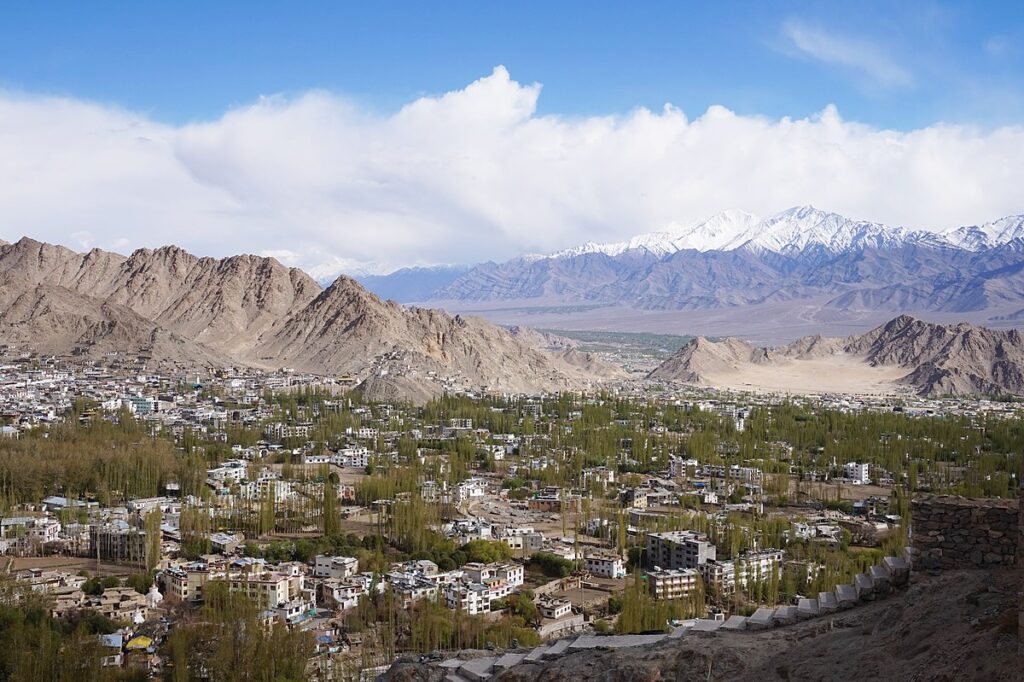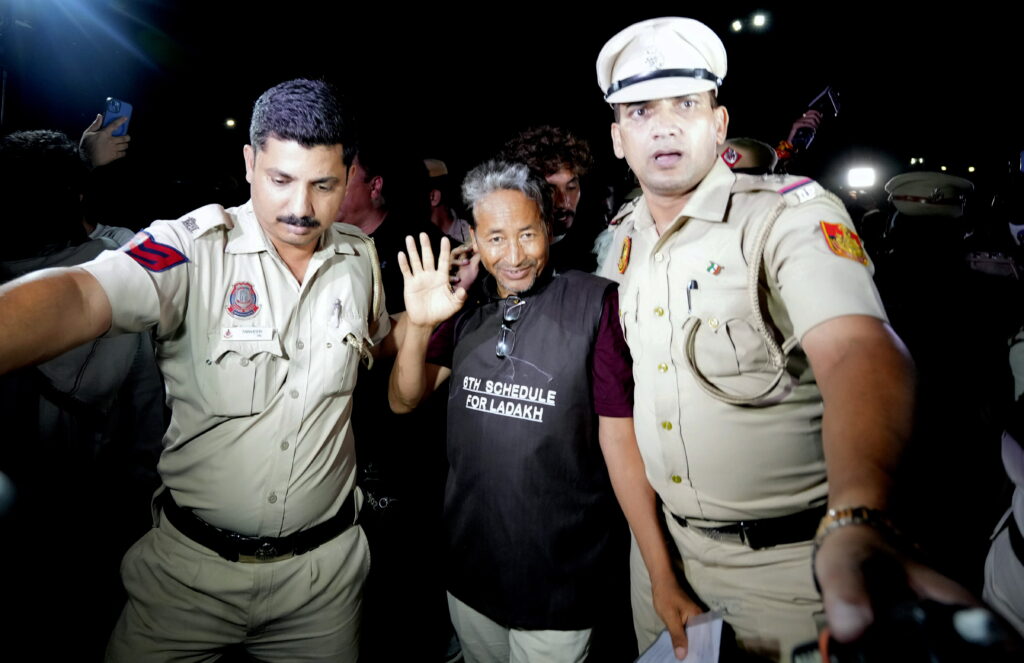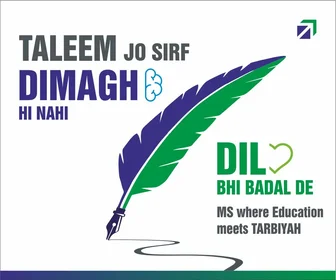
The region of Ladakh has become a hotbed of political and environmental contention in recent years. Ever since it’s bifurcation from Jammu and Kashmir in 2019 and its change in status to a Union Territory (UT), Ladakh has found itself at the centre of a tug-of-war between aspirations for autonomy and the central government’s policy framework. At the heart of this struggle is Sonam Wangchuk, a well-known engineer and environmentalist, who has become a key voice in the fight for Ladakh’s constitutional safeguards and ecological preservation.
Ladakh’s current political crisis is rooted in the region’s demand for constitutional safeguards under the Sixth Schedule of the Indian Constitution, which provides protection to tribal populations and their interests through autonomous governance. The Sixth Schedule is currently applicable to Assam, Meghalaya, Tripura and Mizoram. It establishes autonomous institutional mechanisms that have legislative, judicial, and executive powers for governance. The Autonomous District Councils (ADCs) under the Sixth Schedule are councils that govern tribal areas and derive all their powers and functions directly from the Constitution.
Historically, Ladakh has been inhabited by a delicate ethnic and cultural mix, with a fragile ecosystem. The unique identity of the region is now perceived to be under threat due to large-scale infrastructural projects and an increase in tourism, accelerated by its new-found UT status.

Prior to its separation from Jammu and Kashmir, Ladakh’s ethnic communities had access to the constitutional guarantees given to the erstwhile state. Now, local stakeholders argue that the lack of representation and absence of legislative autonomy could lead to the alienation of Ladakh’s people and the over-exploitation of its fragile environment.
Sonam Wangchuk, an innovator whose contributions to education and sustainable development have earned him global recognition, has taken a leading role in Ladakh’s struggle. His activism draws from decades of work in the region, where he has been a vocal proponent of environmental conservation and cultural preservation.
In January 2023, Wangchuk’s call for action gained significant traction when he went on a five-day hunger strike to demand the implementation of the Sixth Schedule. He emphasised the need for constitutional protection to preserve Ladakh’s environment and unique identity, highlighting that Ladakhis must be given a say in decisions affecting their future. Wangchuk warned that Ladakh’s ecological balance is fragile and faces severe threats from unregulated industrial activity, particularly due to mining and tourism.
Recently, Wangchuk has focused his efforts on advocating with the central government, pressing for urgent action to address the concerns of the people of Ladakh. In a demonstration of commitment, he undertook a 21-day “Climate Fast” hunger strike in March 2024, seeking to draw attention to the region’s pressing environmental and sociopolitical challenges. Despite the government’s slow response, as indicated by Home Minister Amit Shah’s announcement of five new districts in Ladakh, Sonam Wangchuk remains persistent in advocating for special status, emphasising the region’s unique needs.
Ladakh is one of the most ecologically sensitive regions in India. Its glaciers, which feed the Indus River system, are crucial to the water supply for large parts of North India. The growing infrastructure projects, like road construction, mining, and unsustainable tourism, have begun to erode Ladakh’s landscape. Climate change further exacerbates these issues, with glaciers melting at an alarming rate.

Sonam Wangchuk has consistently stated that Ladakh’s environmental challenges cannot be divorced from its political demands. He has made the case that only through local governance structures, empowered by constitutional safeguards, can Ladakh’s ecology be preserved. The stakes here are not just about preserving Ladakh’s beauty but ensuring the survival of its people, whose traditional livelihoods depend on the region’s natural resources.
Wangchuk’s strategy has been to engage constructively with the government, hoping to build bridges rather than burning them. His recent efforts have focused on finding a middle ground, where both the central government and Ladakh’s local stakeholders can come together to address the region’s political and environmental challenges.
Although the central government has been cautious in its approach, fearing the creation of more autonomous regions could set a precedent for other UTs, Wangchuk’s efforts are a critical step forward in securing Ladakh’s future. He has highlighted how the Sixth Schedule can empower local councils and prevent the dilution of Ladakhi culture while also ensuring sustainable development practices are put in place.
The Ladakh issue represents the tension between development and environmental conservation, autonomy, and central control. Sonam Wangchuk has emerged as a key figure attempting to balance these competing interests. Despite facing challenges, including two instances of detention, Wangchuk’s persistent activism has gained attention, and the Union Home Ministry has assured him of a forthcoming meeting with either the Prime Minister or the President to address his concerns.
While this is a significant step, Wangchuk’s efforts will require wider public support from across India alongside sustained engagement with the central government. Only through continuous dialogue and collective action can Ladakh’s future be secured in a way that honours its unique identity, safeguards its fragile ecology, and preserves its autonomy.
However, the question remains: Will the central government heed these calls for constitutional protection, or will Ladakh’s unique identity and environment continue to face external threats? Wangchuk’s activism provides hope, but the road to a peaceful and sustainable future for Ladakh is still fraught with challenges.
Moumita Barman is a Research Associate at the Centre for Development Policy and Practice (CDPP) in Hyderabad. CDPP is an independent research organisation working to influence public policy with a focus on the development of vulnerable populations.


